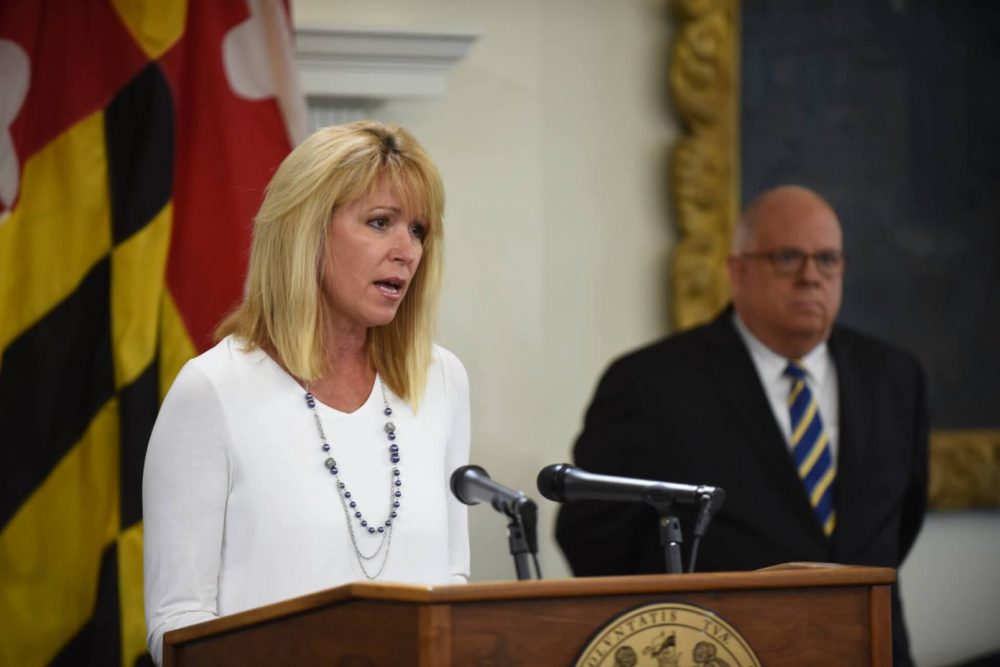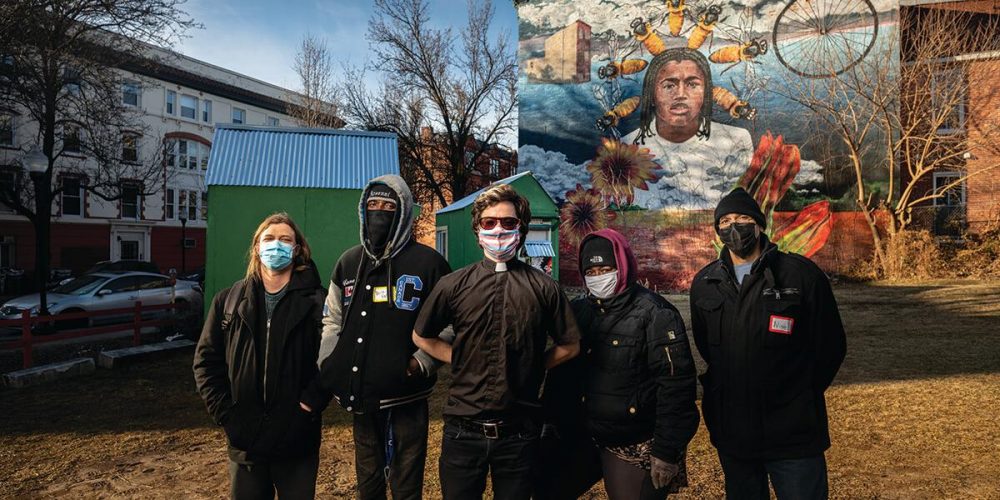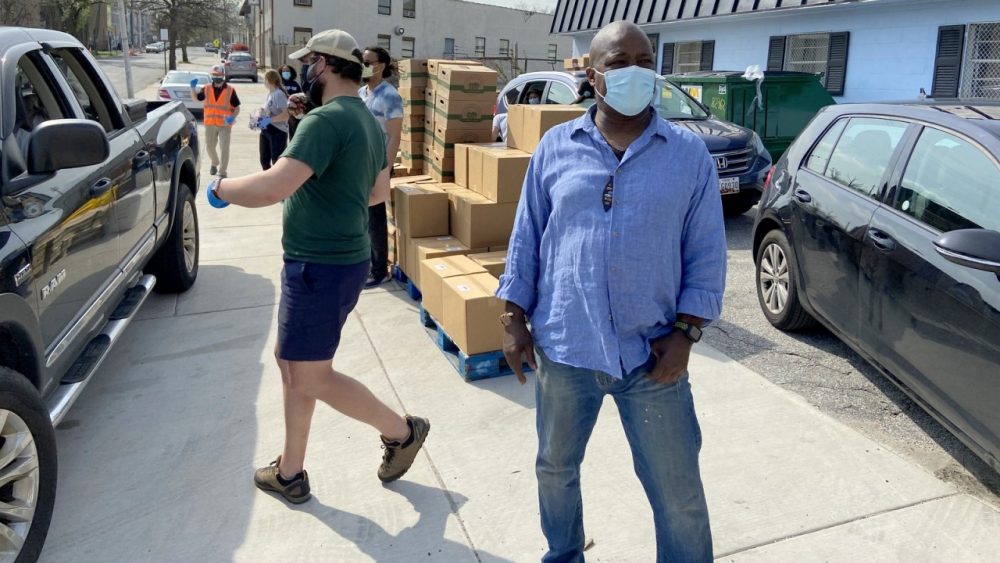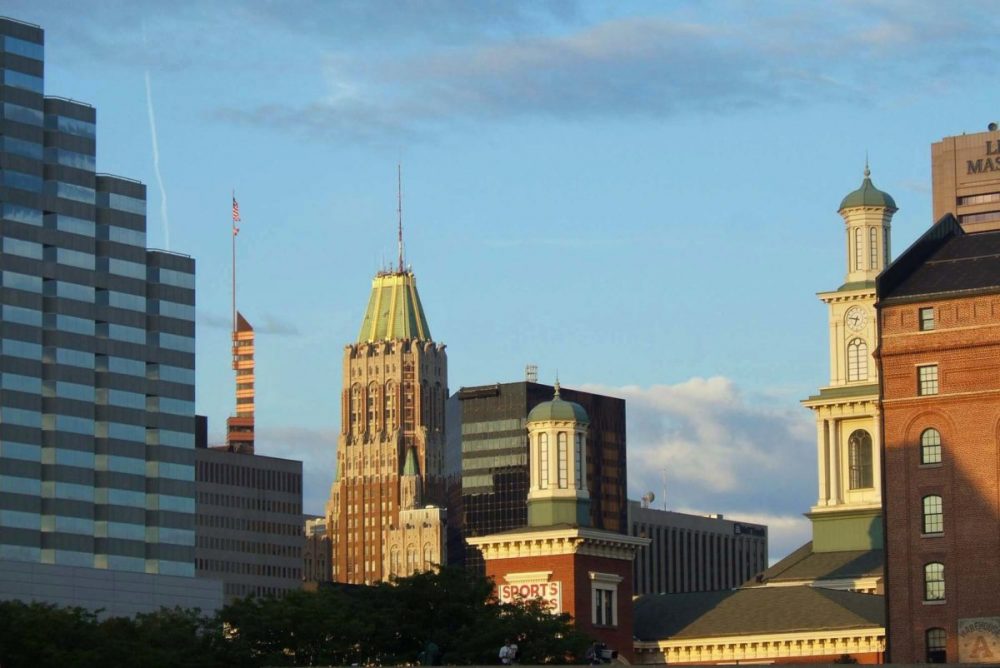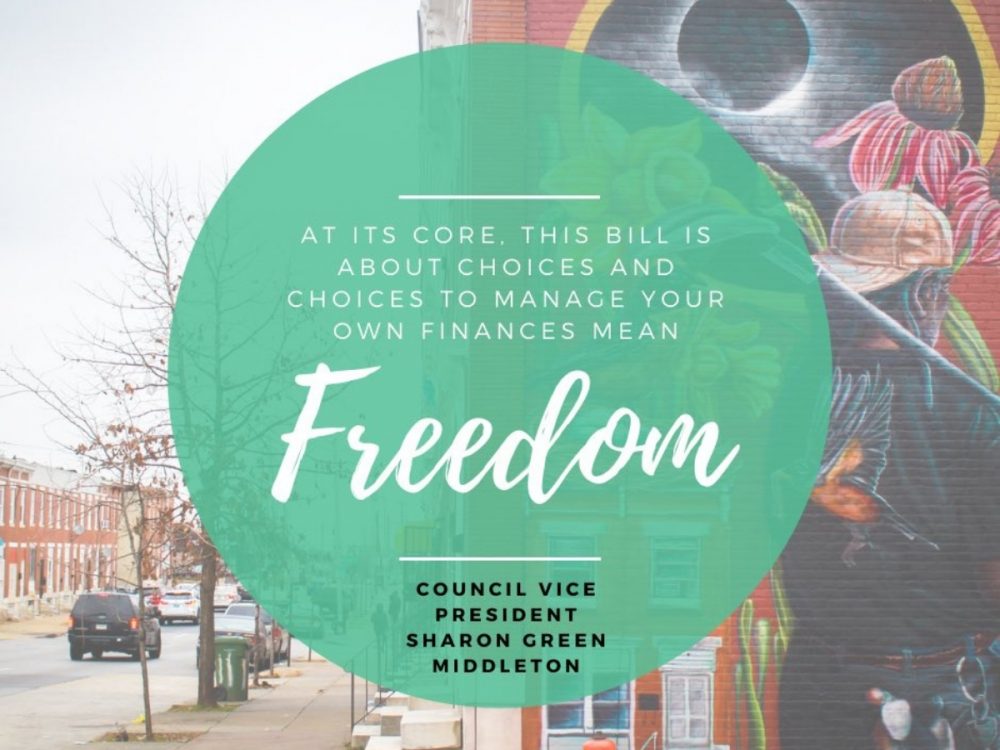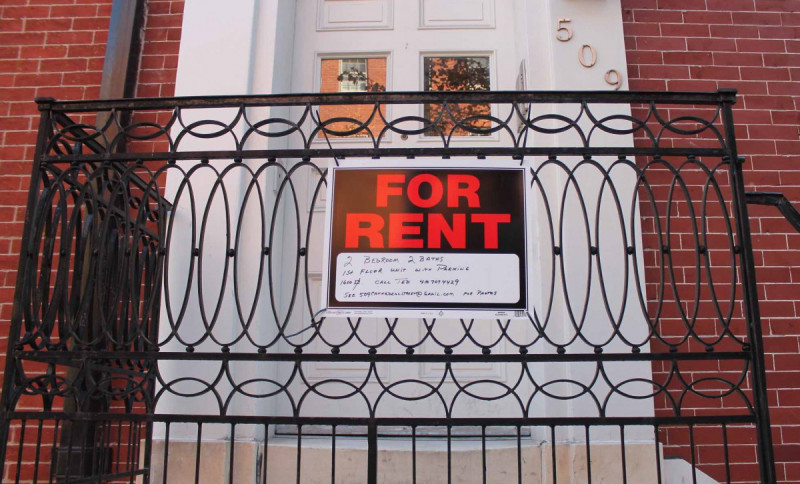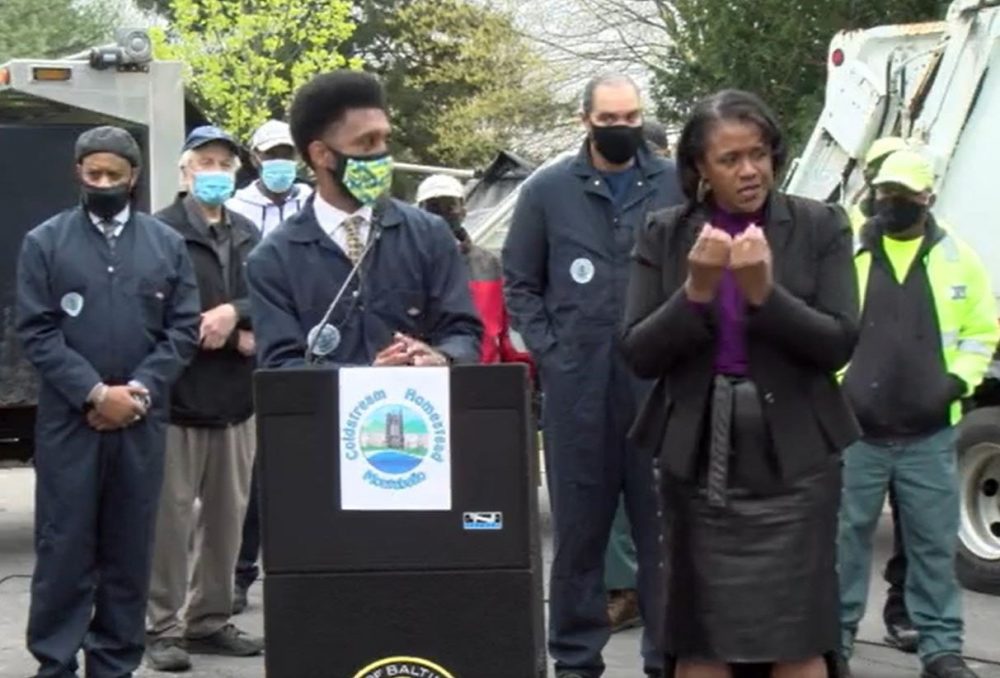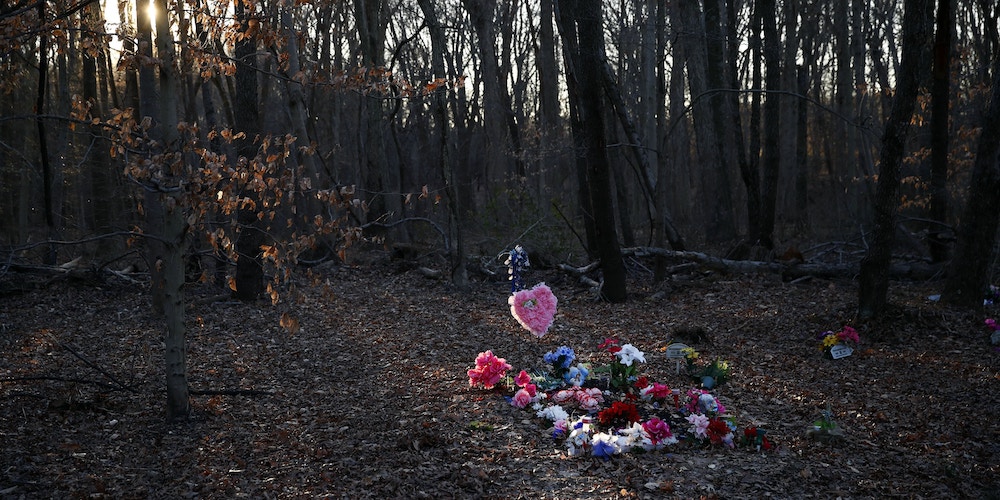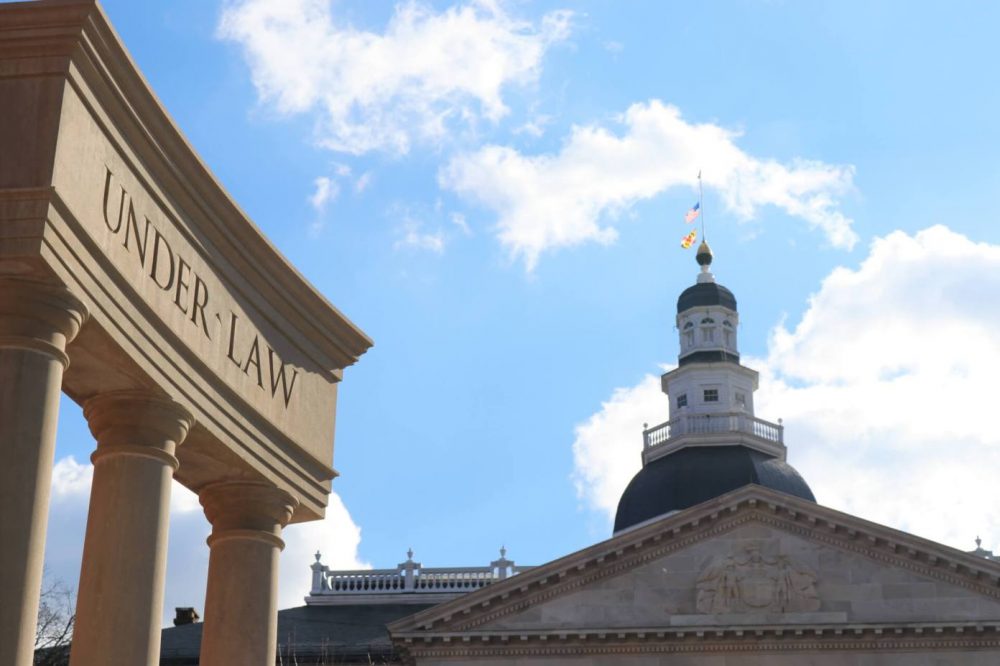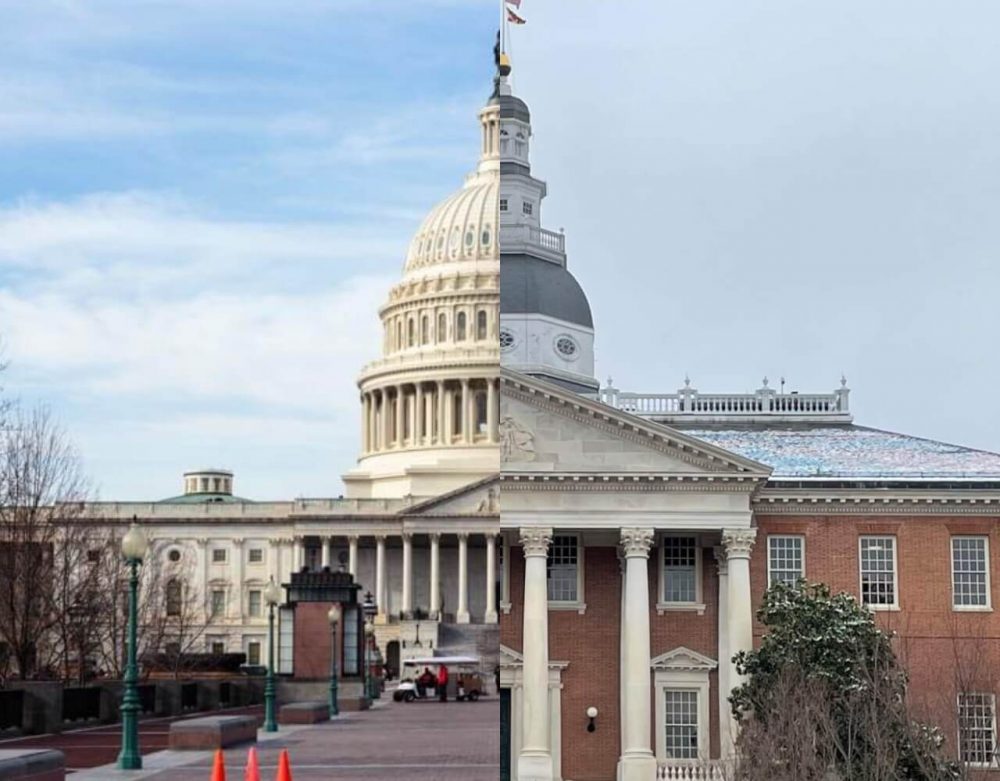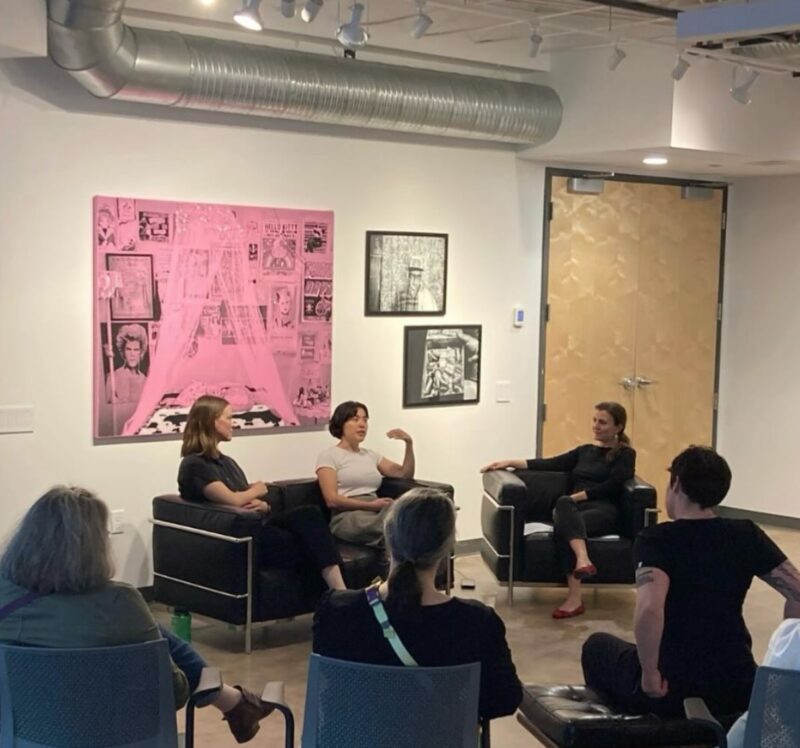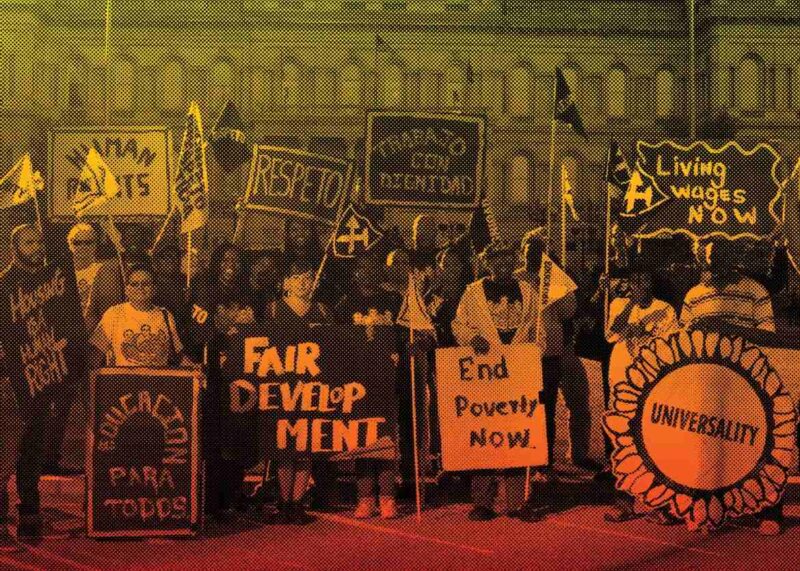Does Baltimore’s security deposit alternatives bill offer ‘freedom’ or carve away renter protections?
by Libby Solomon
Published April 14 in Greater Greater Washington
Excerpt: In early April, the Baltimore City Council passed a bill requiring some landlords to offer security deposit alternatives, and the bill has been sent to Mayor Brandon Scott’s desk for consideration. One aspect of the bill, allowing renters to pay their security deposit over installments rather than in a lump sum, is widely supported by advocates. But the other, requiring landlords to offer tenants the option to purchase “security deposit insurance,” is drawing scrutiny.
The problem: security deposit insurance is neither a security deposit, nor is it insurance — and renter advocates say it opens the door for companies to prey on the city’s most vulnerable tenants.
“It’s predatory, and it’s misleading,” said Carol Ott, Tenant Advocacy Director for the Fair Housing Action Center of Maryland.
Proponents of the bill say it offers renters “freedom.” But tenant advocates say Rhino, the primary company that pushed for the bill in Baltimore that offers security deposit “insurance,” has business practices that mislead tenants, saddle them with unexpected charges, and remove the protections ordinarily in place when a landlord withholds a security deposit.
“They’re not giving people a choice,” Ott said. “They’re forcing poor people into an option that they may or may not actually want, but out of desperation they may take it.”



